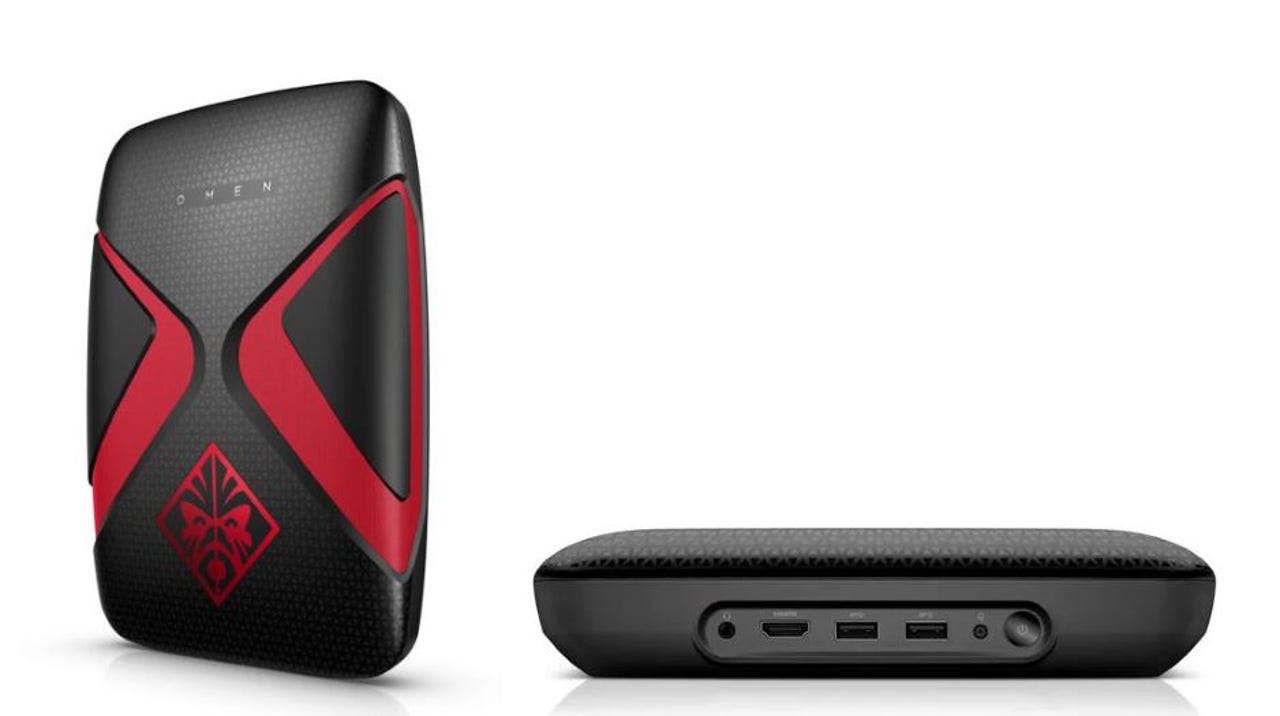Thanks to virtual reality, could backpack PCs become a trend?


The HP Omen X VR PC Pack
Chiropractors should be excited at what might emerge as a future trend in PCs. With the rise of VR, you may be strapping a computer to your back to explore virtual realms.
In the past week, a pair of manufacturers have revealed backpack PCs that address a fundamental problem for the virtual reality experience: How do you keep users connected to the massive processing and graphics power required for VR, while they remain mobile enough to walk, punch, or perform other movements required by whatever virtual scenario in which they are immersed? (The concept has been developed before, though by lesser-known vendors.)
At this week's Computex trade show in Taipei, Taiwan, MSI will show off its prosaically titled Backpack PC, which stuffs high-end components into a unit that will test how well your lat workout is succeeding. Details on specific components are a little vague at the moment, but the company says it will include an Intel Core i7 processor and an Nvidia GTX 980 graphics card. Perhaps some backs-on reporting on the show floor will answer such questions as how much the Backpack PC will weigh (and how much it will weigh upon you) and how MSI plans to keep its innards cool enough to Oh yeah, and how much it will cost if it actually becomes available.
Grabbing more attention is computing giant HP's backpack PC, the Omen X VR PC Pack. While detailed product shots were made available (as pictured above), specifics about the Omen pack are likewise a little scarce right now, though they are more plentiful than what MSI has provided to date. The company says it will use Intel Core i5 and i7 CPUs and come with up to 32GB of RAM and 512GB of solid-state storage. It will run for roughly an hour on its pair of batteries, which will be swappable, and HP specifically mentions the Omen pack will work with the HTC Vive headset.
It will probably support other headsets as well, because the Omen pack has been conceived as a developer's tool, not a commercially available consumer product at this point, though that could be possible in the future. The backpack PC may not be the most comfortable solution to VR computing, but it would solve the vexing problems of limited range and tangles of cables that currently mar the virtual reality user experience. Until enough computing power can be squeezed into the headset itself, will backpack PCs succeed in helping virtual reality's push toward the mainstream?